
As the UAE’s summer sun blazes and school holidays stretch on, families across the Emirates are searching for ways to keep children engaged, inspired, and out of the heat. This season, the country’s museums are stepping up as vibrant playgrounds for young minds, blending hands-on learning with immersive fun. Here’s a feature look at ten standout museums where kids can embark on unforgettable adventures, discover new passions, and make the most of their summer break.
1. Louvre Abu Dhabi
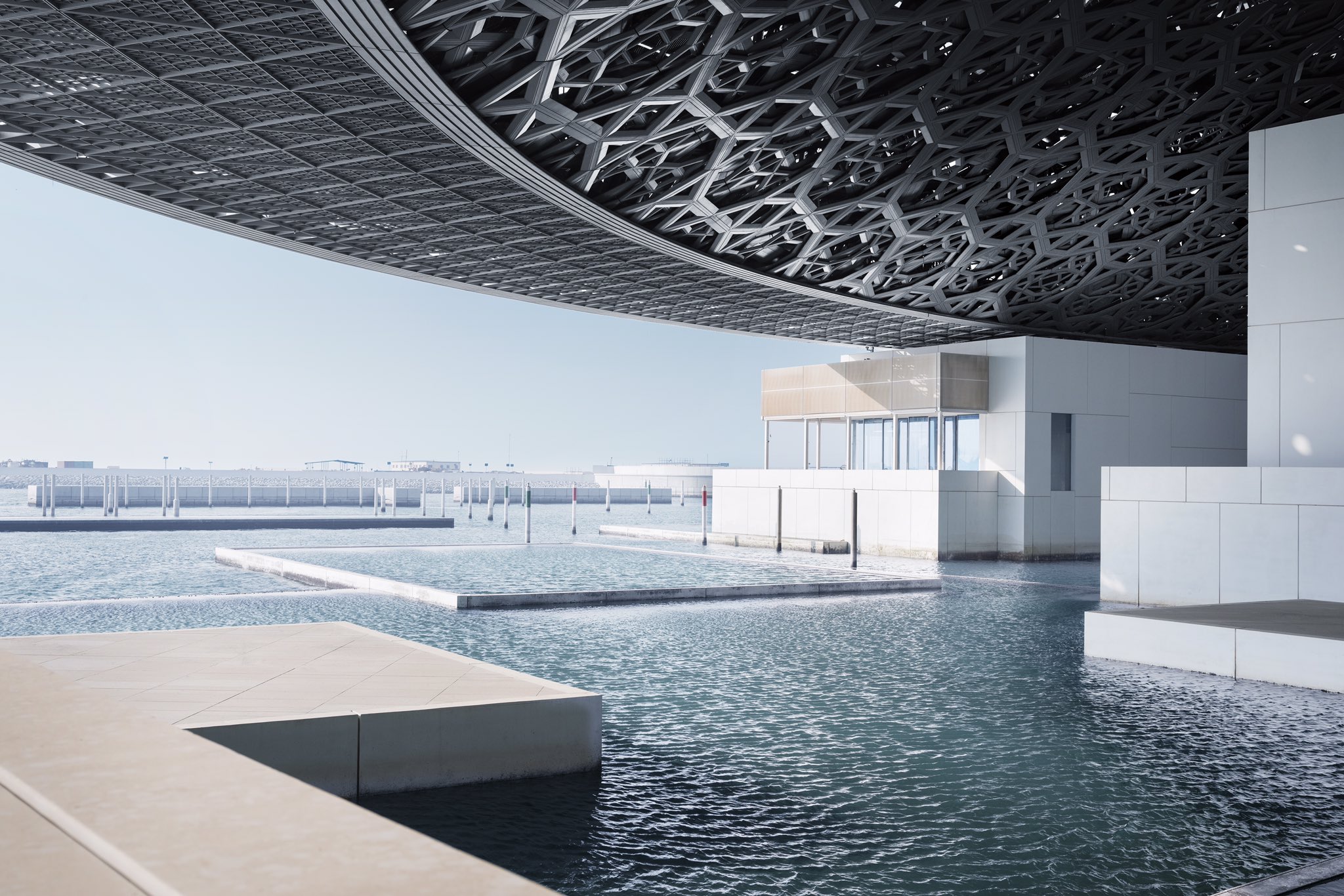
Step into a world where East meets West beneath the iconic “rain of light” dome. The Louvre Abu Dhabi isn’t just about art—it’s a journey through human creativity, with galleries that juxtapose ancient artifacts and modern masterpieces. The Children’s Museum offers interactive exhibits at a child’s eye level, encouraging hands-on exploration and creativity. Family workshops and treasure hunts make every visit a new adventure.
2. Museum of the Future, Dubai
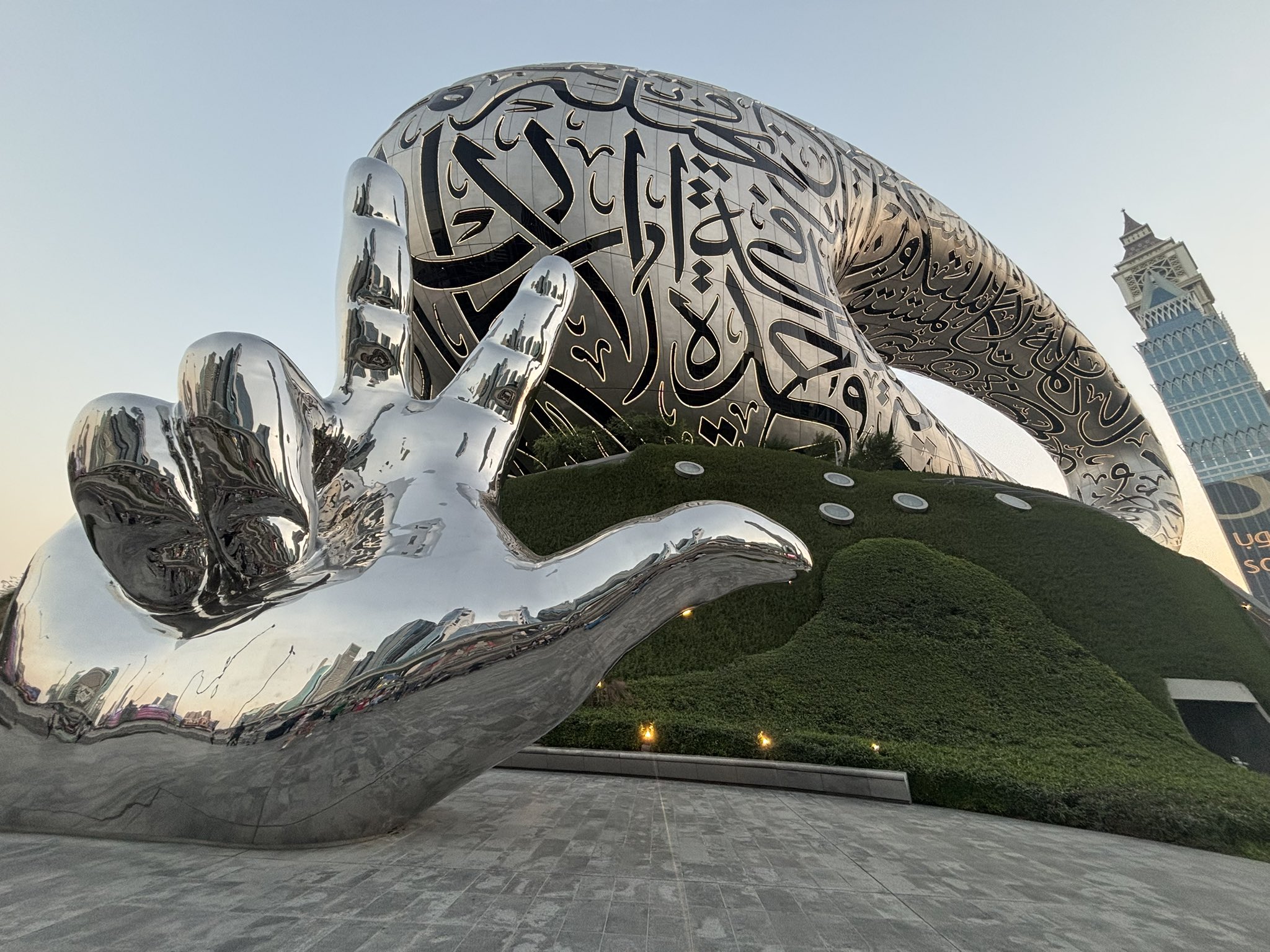
This architectural marvel is more than a photo opportunity. Inside, kids can dive into futuristic worlds, design cities, and interact with AI-powered displays. The “Future Heroes” zone is dedicated to children, where they can play, build, and solve eco-challenges, earning digital badges along the way.
The annual Future Heroes Summer Camp, running from July 21 to August 7, 2025, immerses children ages 6 to 13 in weekly themes of sustainability, innovation, and entrepreneurship. Activities range from robotics and 3D printing to real-world problem-solving, all designed to empower the next generation of changemakers.
3. Dubai Museum (Al Fahidi Fort)
.jpg)
Housed in Dubai’s oldest building, this museum brings the city’s transformation to life. Kids can wander through recreated souks, pearl diving expeditions, and desert scenes, all brought to life with life-sized dioramas and authentic artifacts. It’s a hands-on history lesson that contrasts the city’s humble beginnings with its modern skyline.
4. Sharjah Science Museum

Curiosity comes alive here with interactive workshops on everything from color theory and sound to space, AI, and chemistry. Children can experiment, tinker, and even try their hand at perfume-making. The museum’s summer camps, running in late July and early August, are designed to build critical thinking and a love for discovery through hands-on experiments and group activities, with sessions tailored for different age groups.
5. OliOli, Dubai
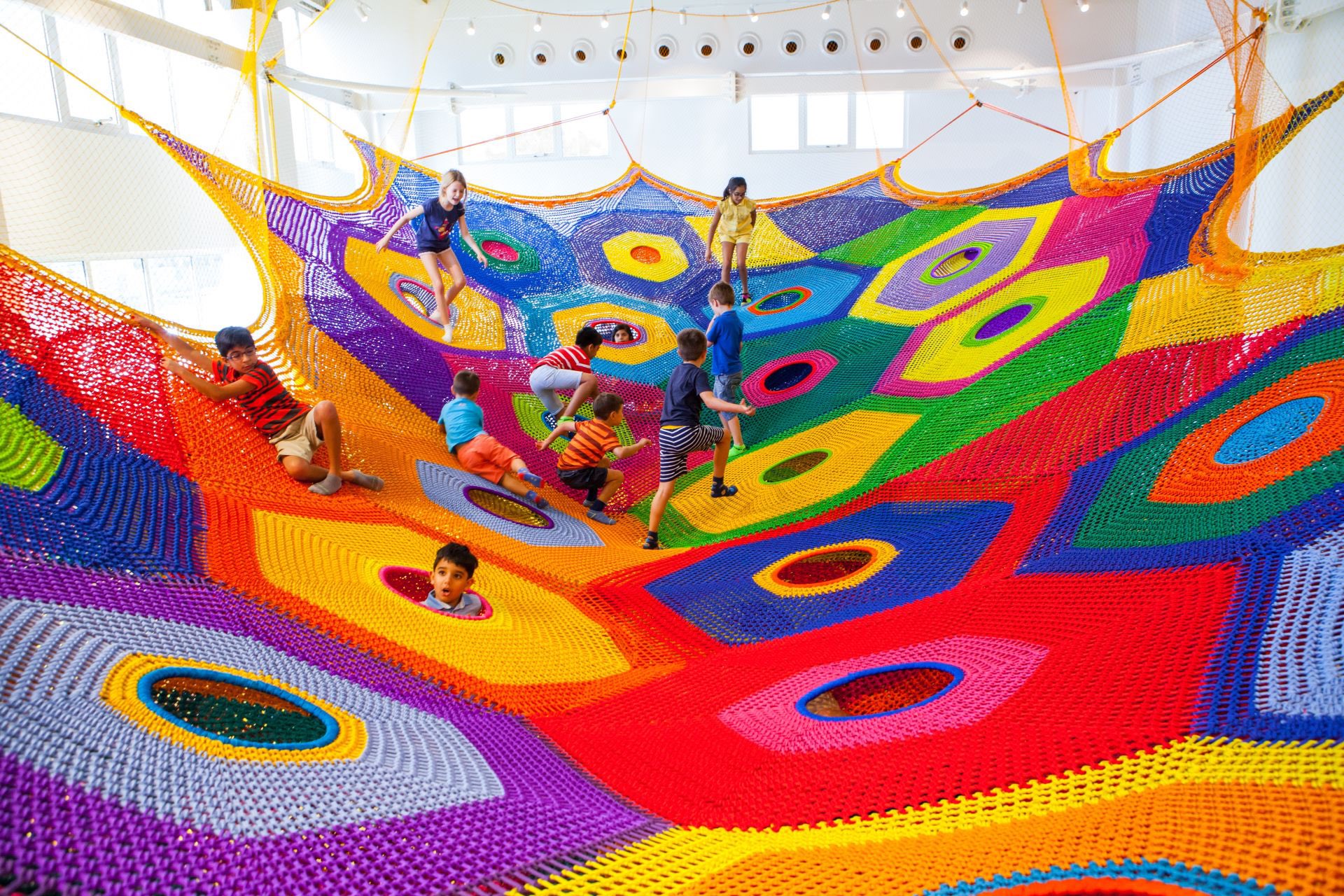
Dubbed the “anti-boredom zone,” OliOli is a hands-on laboratory of curiosity. With eight immersive galleries, kids can climb, splash, and experiment with air cannons, water channels, and more. The Future Park zone uses projection mapping to turn children’s doodles into animated creatures, while Arabic storytelling sessions add a cultural twist.
6. Museum of Illusions, Dubai

Prepare for mind-bending fun! This museum is packed with optical illusions, brain teasers, and interactive exhibits that challenge perception and spark laughter. The Vortex Tunnel and Ames Room are favorites, and the smart playroom lets kids compete and learn through puzzles and games.
7. Sharjah Maritime Museum
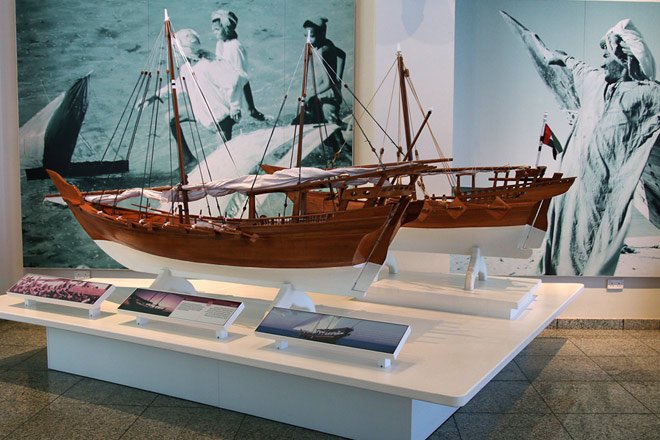
Dive into the UAE’s seafaring heritage with traditional dhows, pearl diving equipment, and navigation tools. Kids can join “Maritime Adventures,” a summer camp from August 4 to 14, where they’ll try fishing, cook Emirati dishes, and make scented herbal candles—all while learning about the region’s deep connection to the sea.
8. Etihad Museum, Dubai
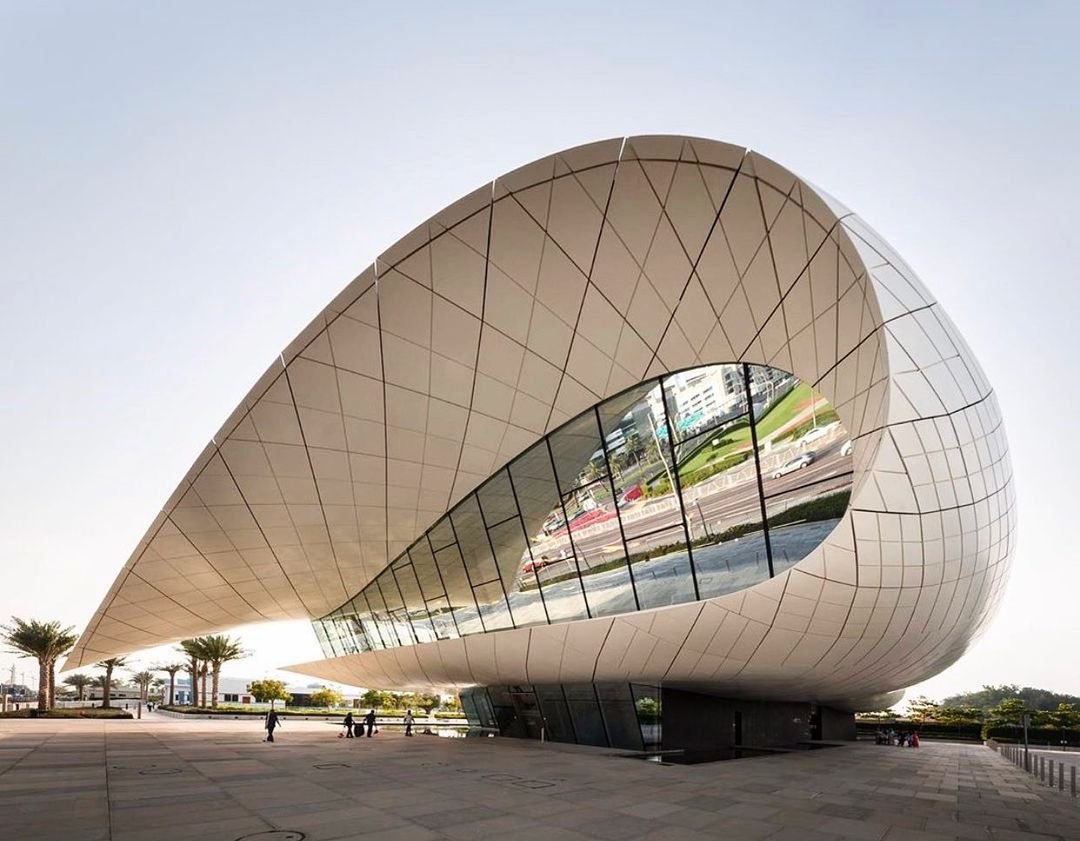
Located at the historic site where the UAE was founded, this museum’s interactive exhibits and holographic displays bring the nation’s story to life. Children can design their own passports, explore the Union Vault, and even film mini-documentaries, making history both accessible and exciting.
9. House of Wisdom, Sharjah
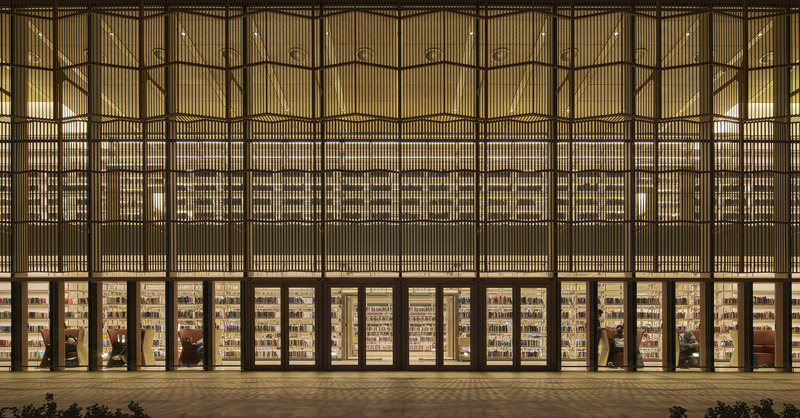
This ultra-modern library and cultural center fuses architecture, light, and technology. The “Little Reader” zone features AR books, sound domes, and LEGO robotics kits, while the Sculpture Garden outside offers a creative space for picnics and play. Summer camps here blend reading, science, and art in a futuristic setting. The Al Jazari FabLab, for kids aged 6 to 15, introduces AI, 3D printing, and coding through storytelling, while the Kalila wa Dimna camp brings classic Arabic fables to life with shadow theatre and puppetry.
10. Al Shindagha Museum, Dubai
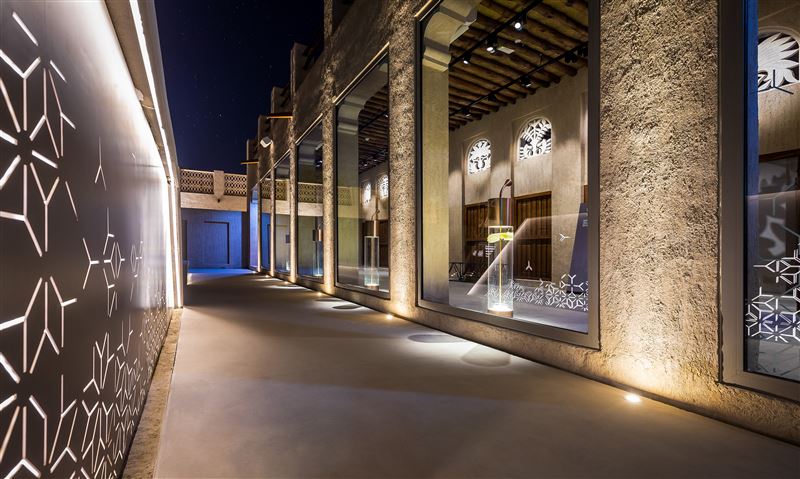
Explore Dubai’s roots in this museum’s “Living Off the Sea and Land” pavilion, where interactive floor projections and scent stations immerse kids in old Emirati life. The Summer Camp, running mid-July, transforms children into young archaeologists—digging for fossils, exploring ancient trades, and learning about Dubai’s transformation from fishing village to global city through hands-on workshops and crafts
Tips for Visiting UAE Museums with Kids
- Stay Cool: Most museums are fully air-conditioned—perfect for escaping the summer heat.
- Check Schedules: Many offer extended hours and special summer programs; early registration is often required due to limited slots.
- Dress Modestly: Especially important at museums focused on Islamic culture.
- Photography: Allowed in most museums, but check for restrictions.
- Combo Tickets: Look for joint passes to save on multiple visits.
This summer, let the UAE’s museums be your family’s passport to discovery, creativity, and endless fun. Whether your child dreams of exploring ancient civilizations, coding robots, or building the cities of tomorrow, these museums promise stories and memories that will last long after the school bell rings again.




.jpg)



















.jpg)



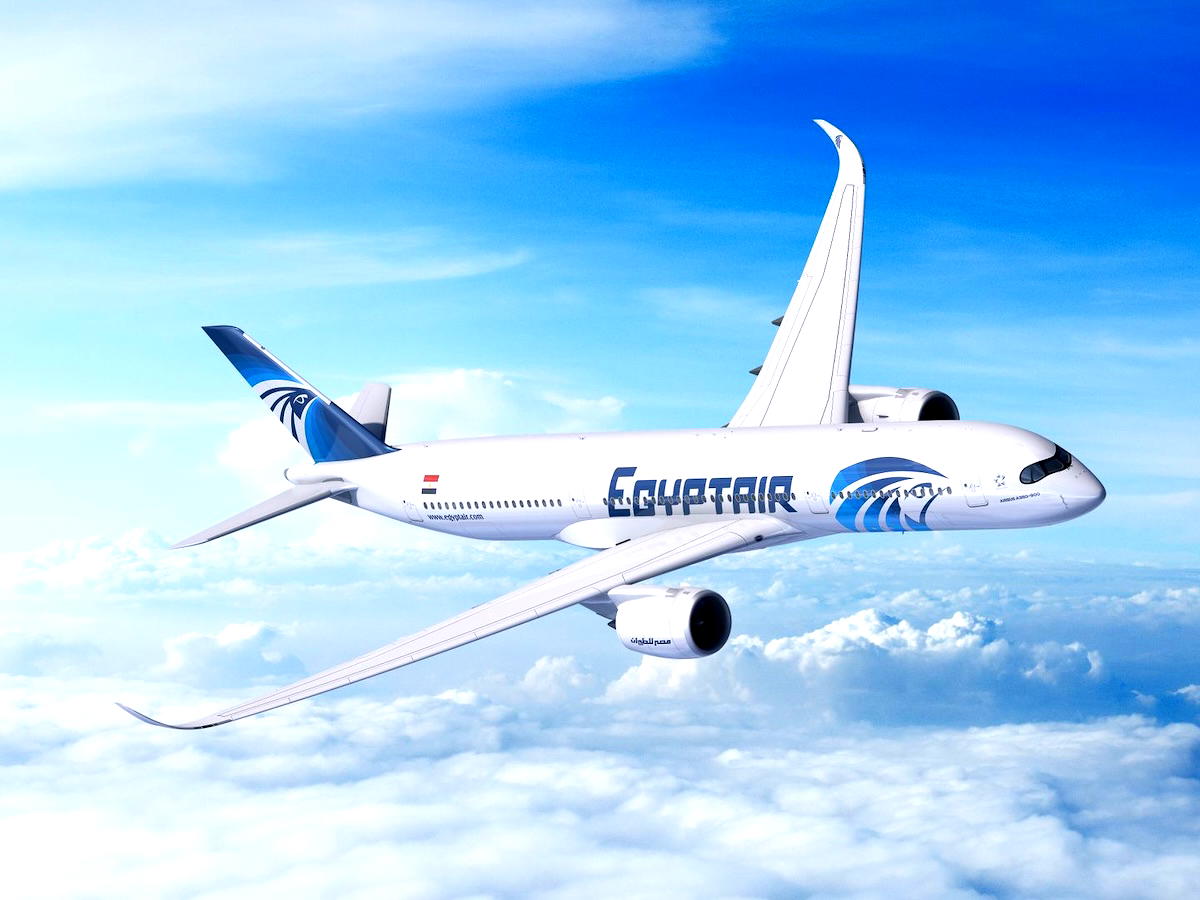
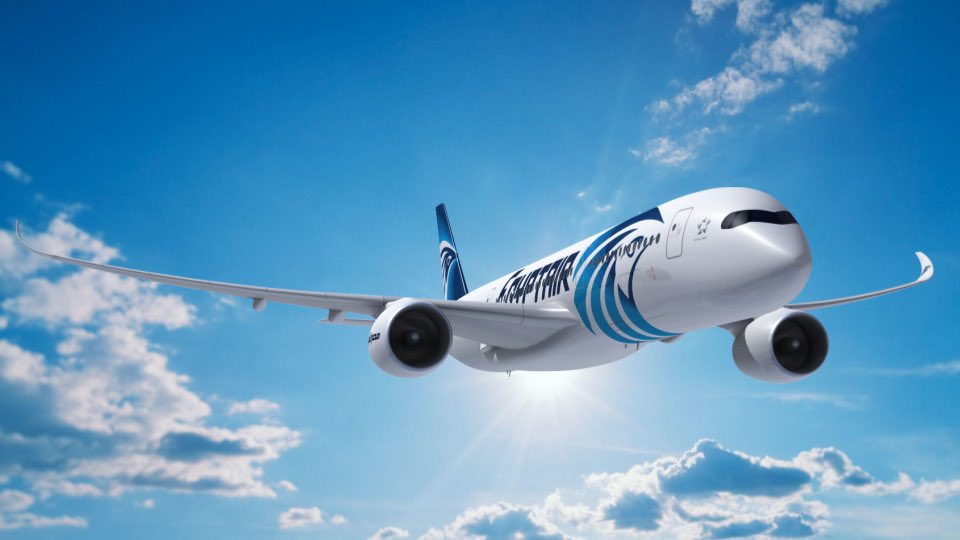
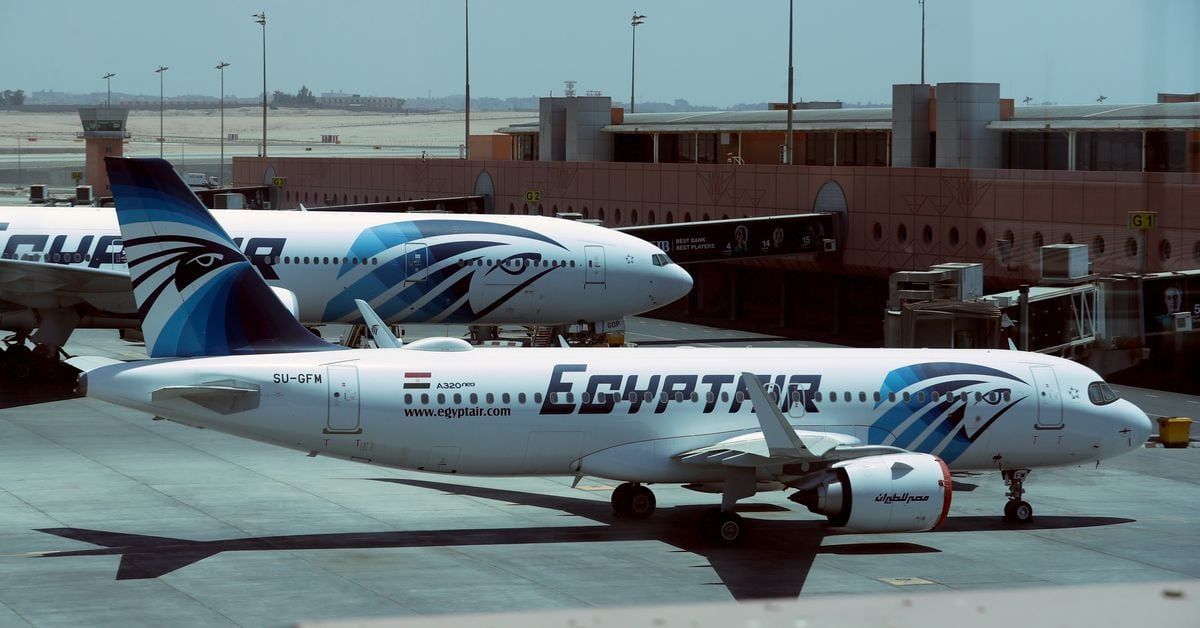
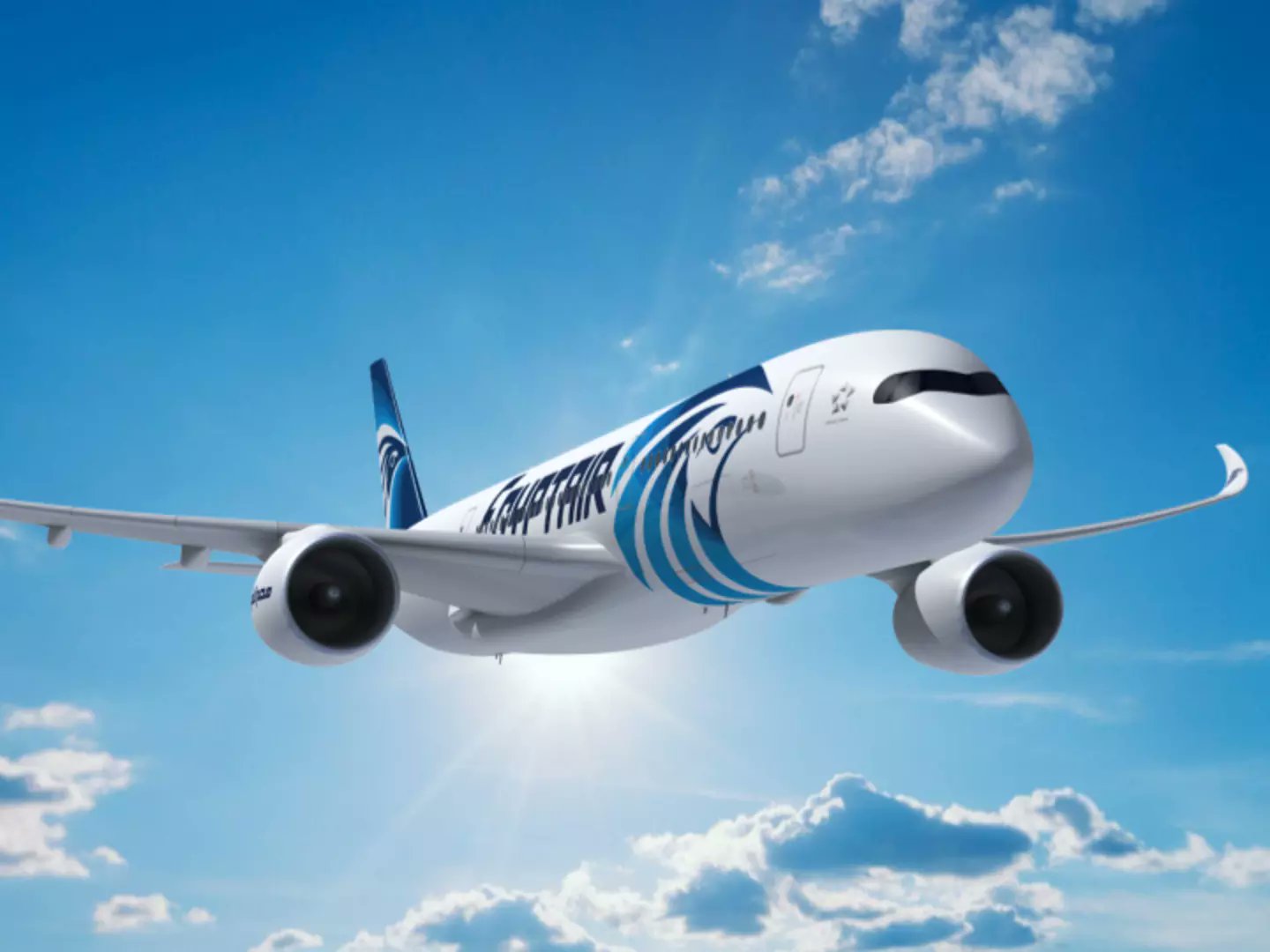
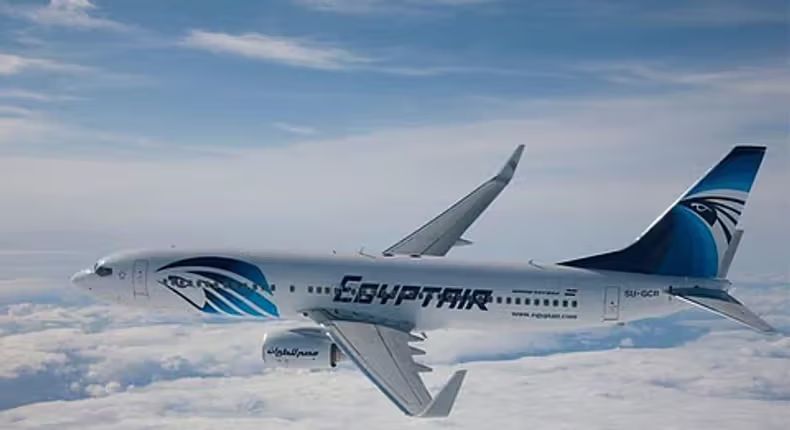





.jpg)


.jpg)
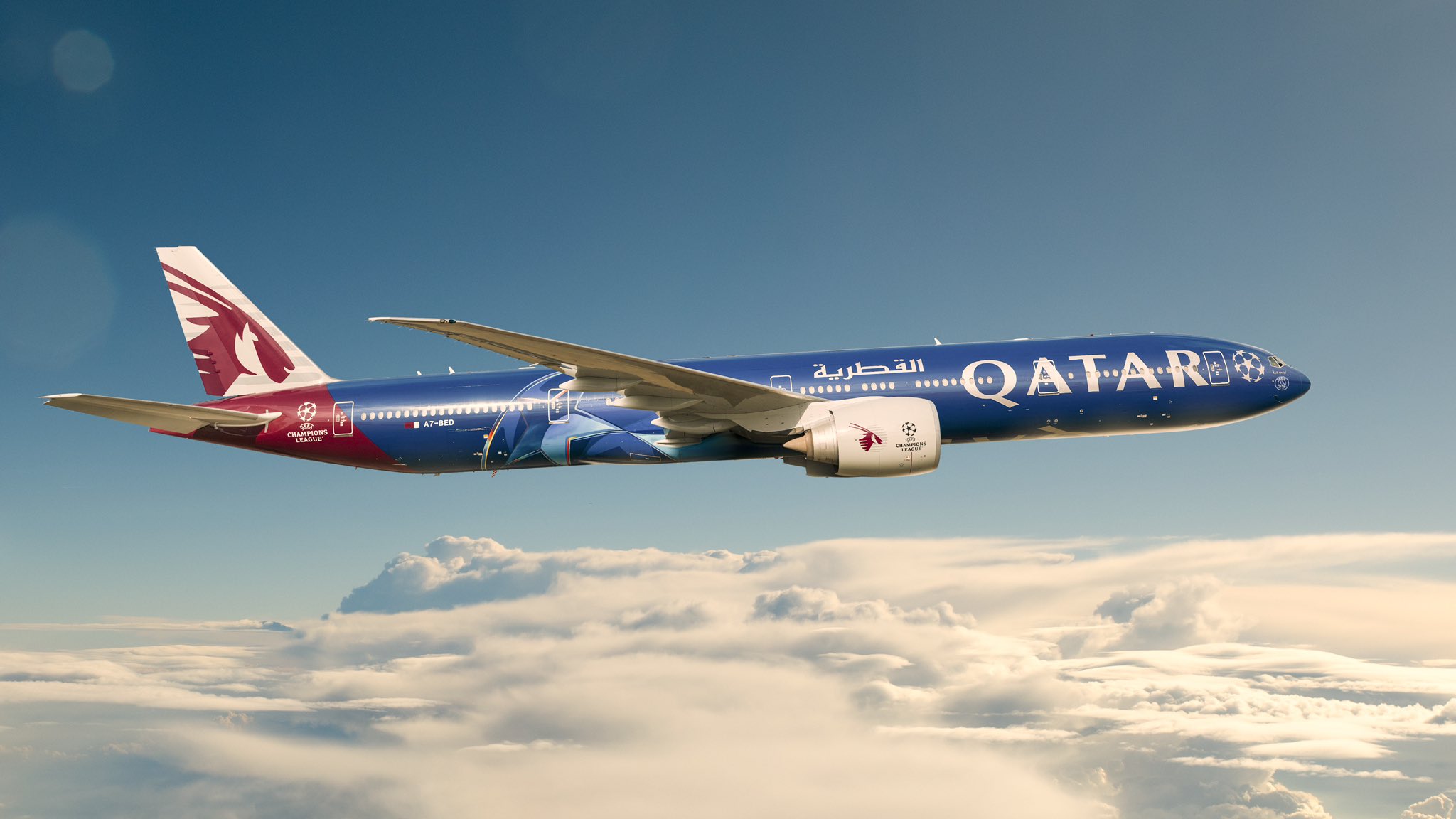
.jpg)
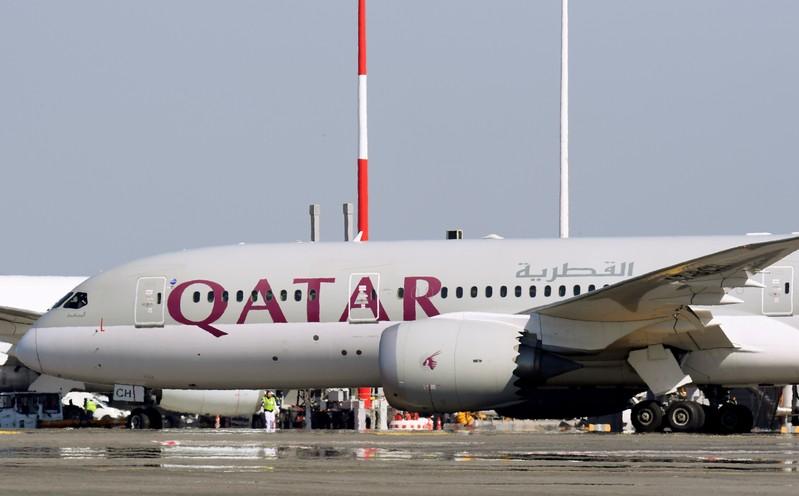
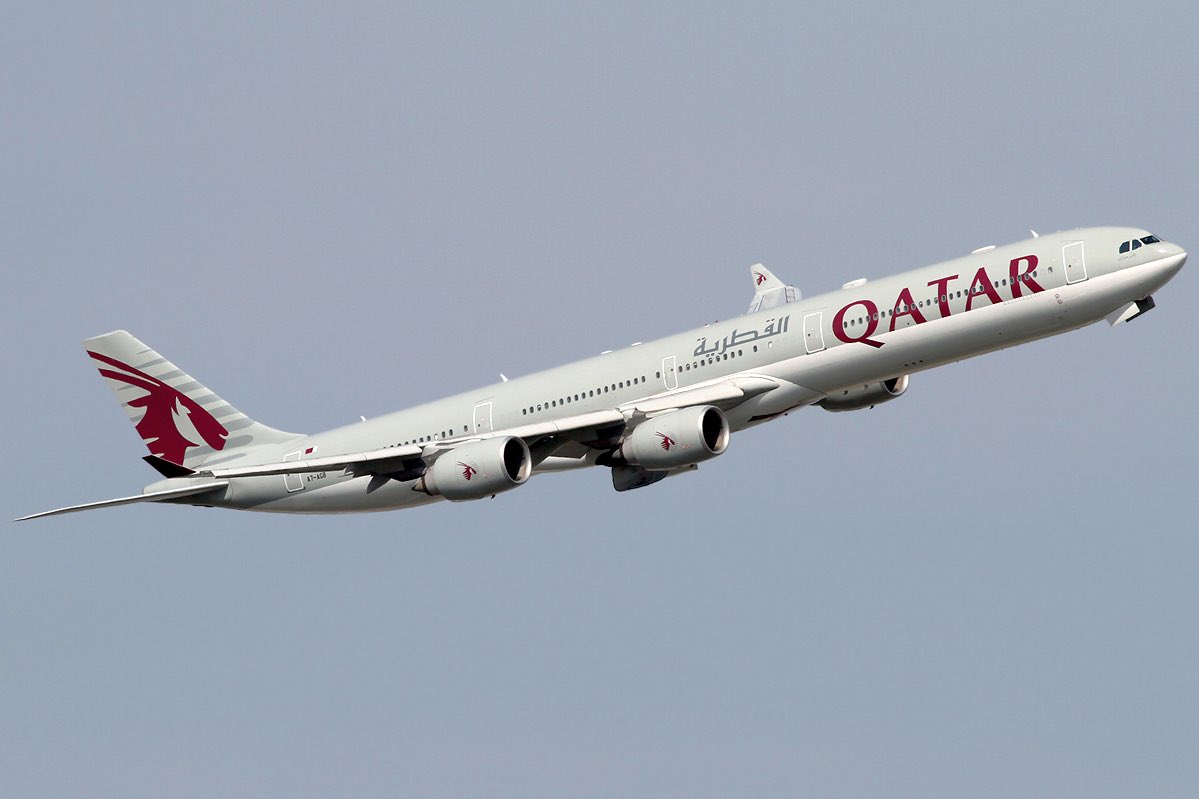
.jpg)
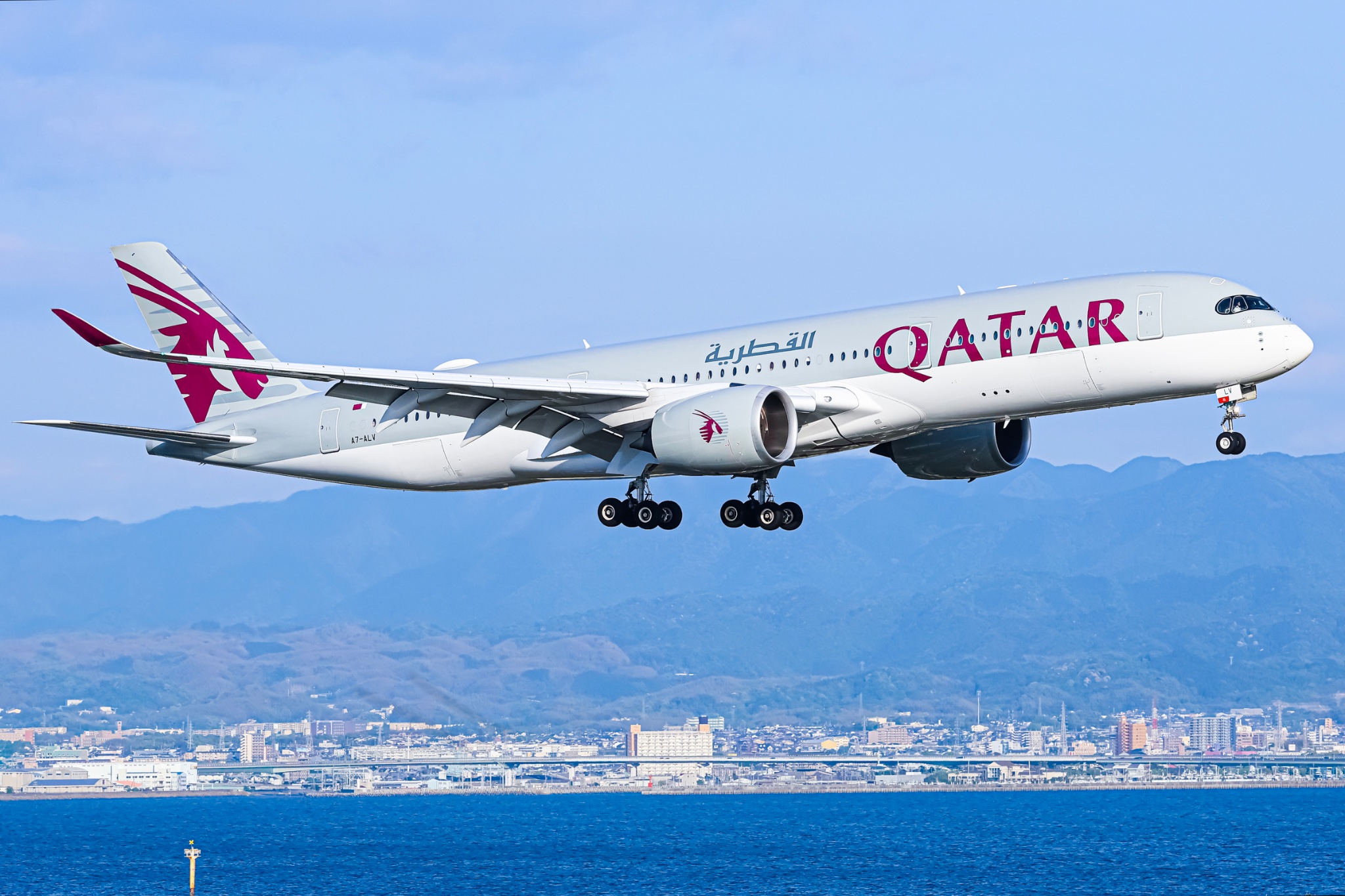




.jpg)


.jpg)








